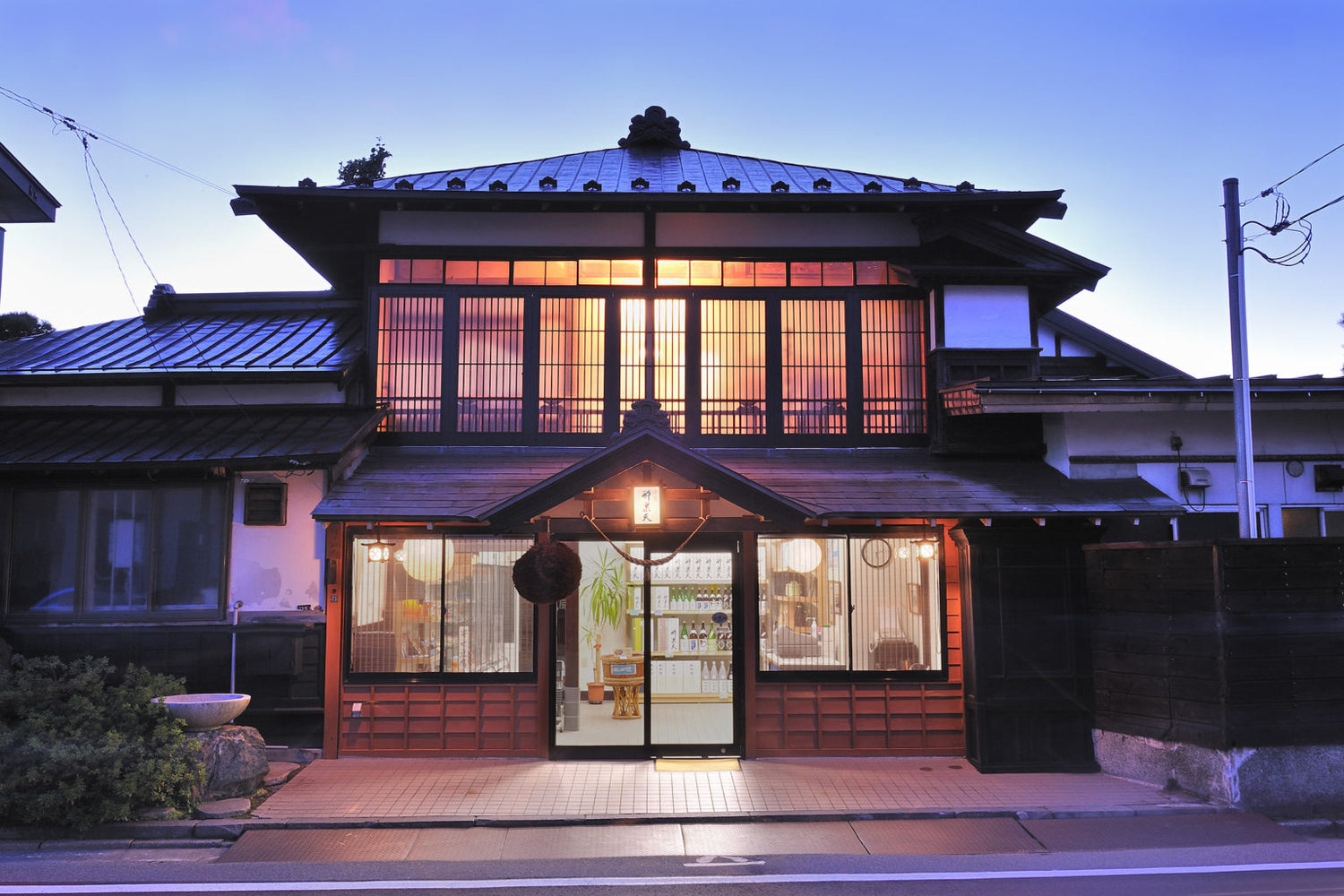
Akitabare (Akita Shuzou)
"Koshiki Junzukuri" ('ancient method') written on the Akita brewery's iconic Junmai sake captures the entire philosophy of the brewery. Although technical innovations have also reached this traditional craft, they are still proud of the fact that their more than a hundred-year-old tools - such as the steaming vat - are still used in the work process to this day.
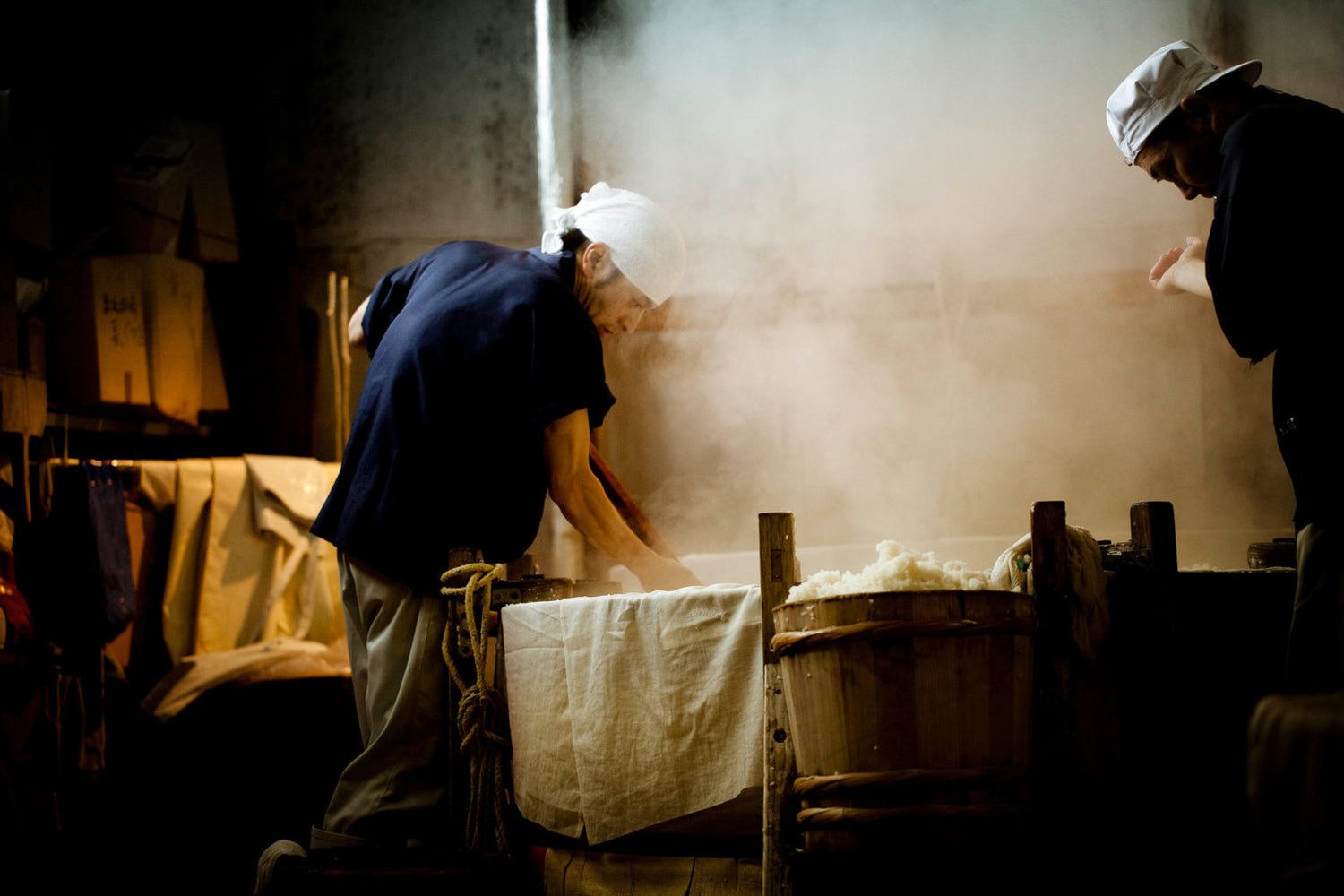
Dewazakura (Dewazakura Shuzou)
It may be hard to imagine, but 40 years ago, even in Japan, it was not easy to come across ginjo category sake. However, in 1980, the situation changed with the introduction of "Oka", an aromatic sake that is more affordable for the general public. This innovation makes Dewazakura a pioneer of its kind.
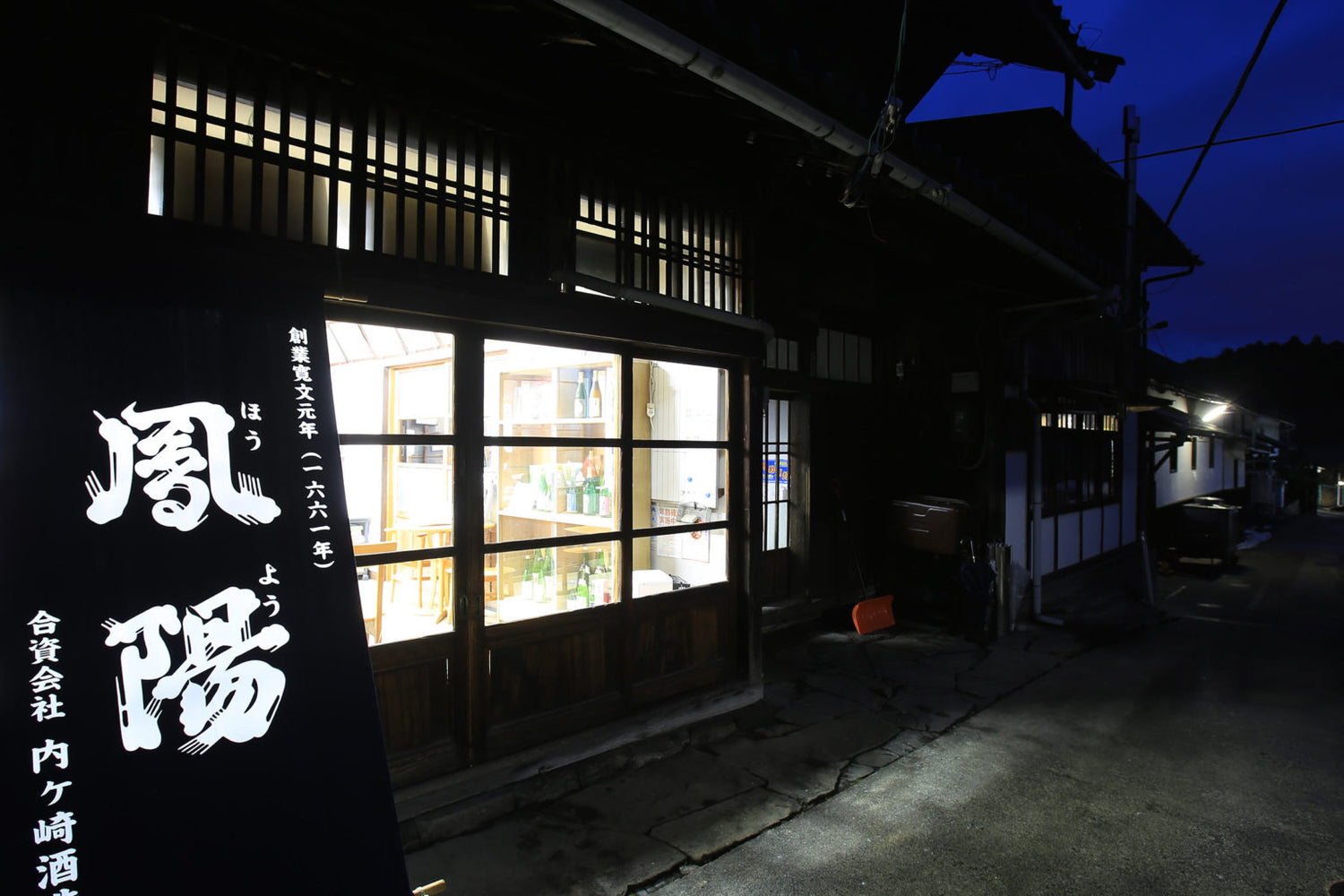
Hoyo (Uchigasaki Shuzou)
The oldest brewery in the Miyagi region conquers with its graceful yet youthful sake. Their local rice varieties such as Manamusume and Kura no Hana produce widely loved and elegant sakes. This is a really nice performance from a 400-year-old brewery.
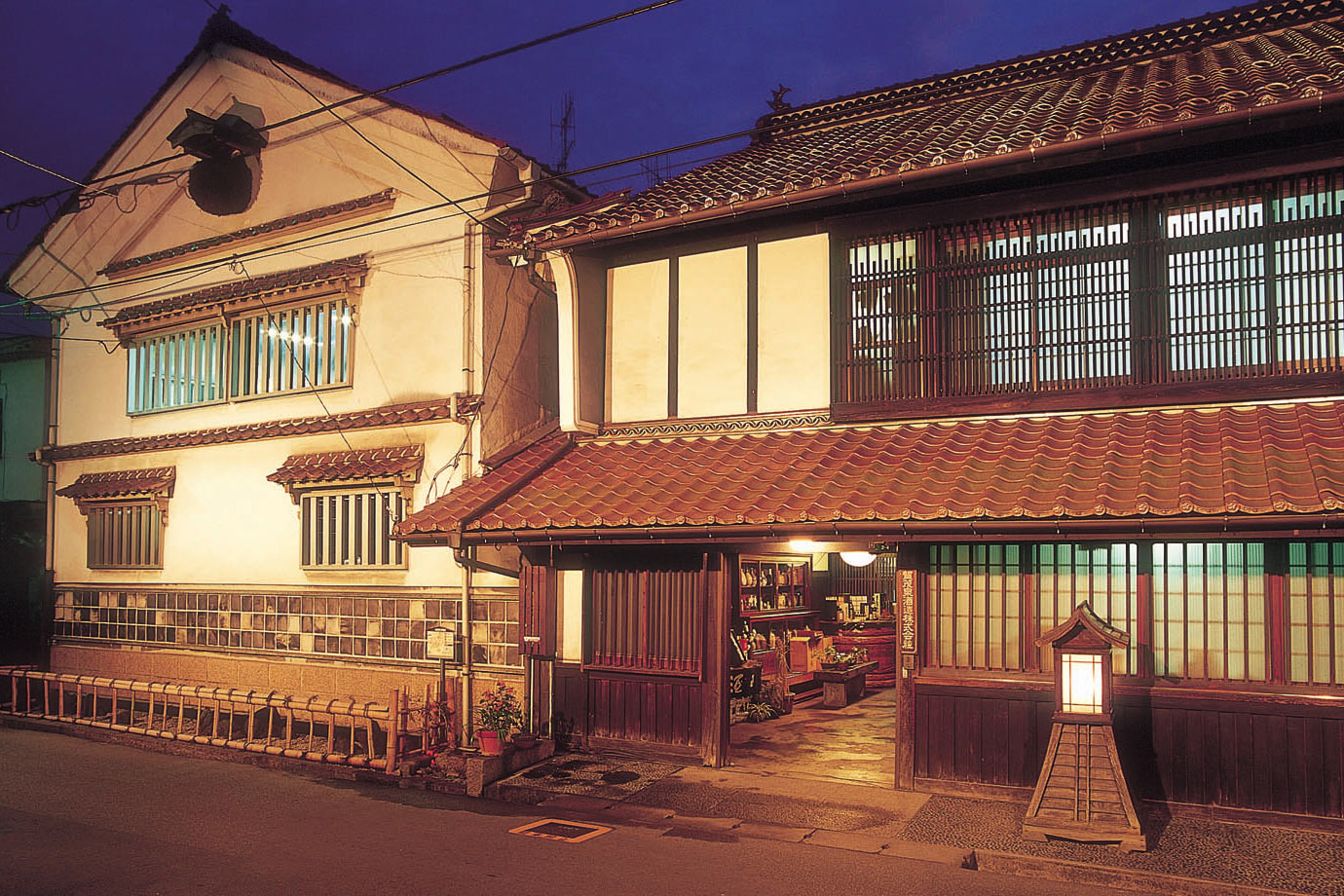
Kamoizumi (Kamoizumi Shuzou)
The coast of Saijo Bay is one of the areas most densely populated by sake breweries in Japan. In 1910, the Kamoizumi was established here, which was owned by the Maegaki family, who were rice farmers that became landlords. Their sakes are full-bodied and rich, with a special, unique character.
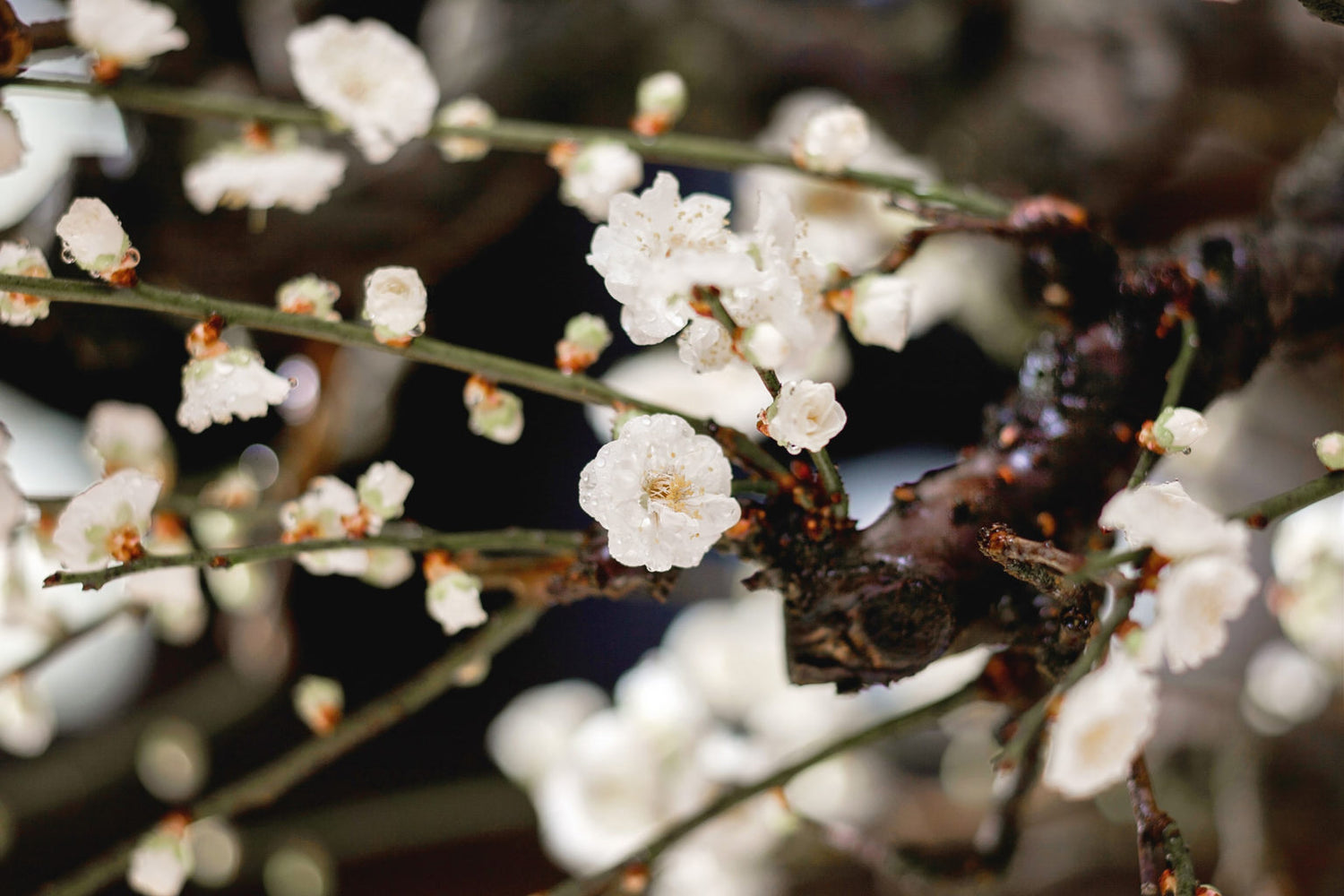
Koshi no Kanbai (Ishimoto Shuzou)
"Plum blossom of Niigata" - the name says, but many people only know the legendary sake brewery as Phantom Sake, because even in the hard times after World War II, the brewery devoted itself to making first-class sakes, thus generating such a demand for his products that the supply could not easily keep up with. So Koshi no Kanbai quickly turned into a mirage, and the name became a legend.
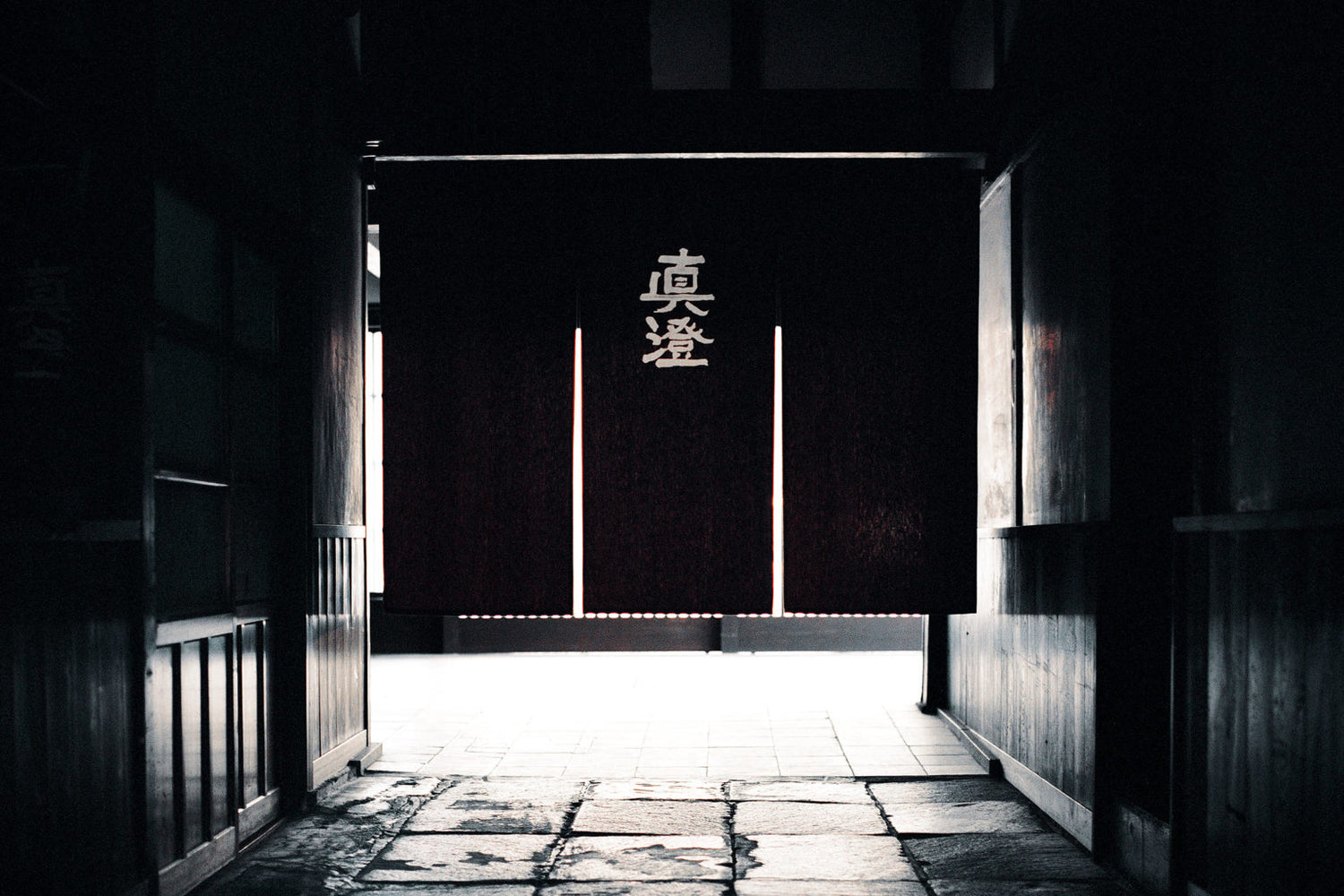
Masumi (Miyasaka Shuzou)
This 400-year-old brewery is recognized as one of the most famous and trusted brands in Nagano Prefecture. Nestled in the embrace of the Japanese Alps, on the shores of Lake Suwa, it is where one of the most widely used sake yeasts, number 7, was discovered and one of their products is also named ('Nanago').
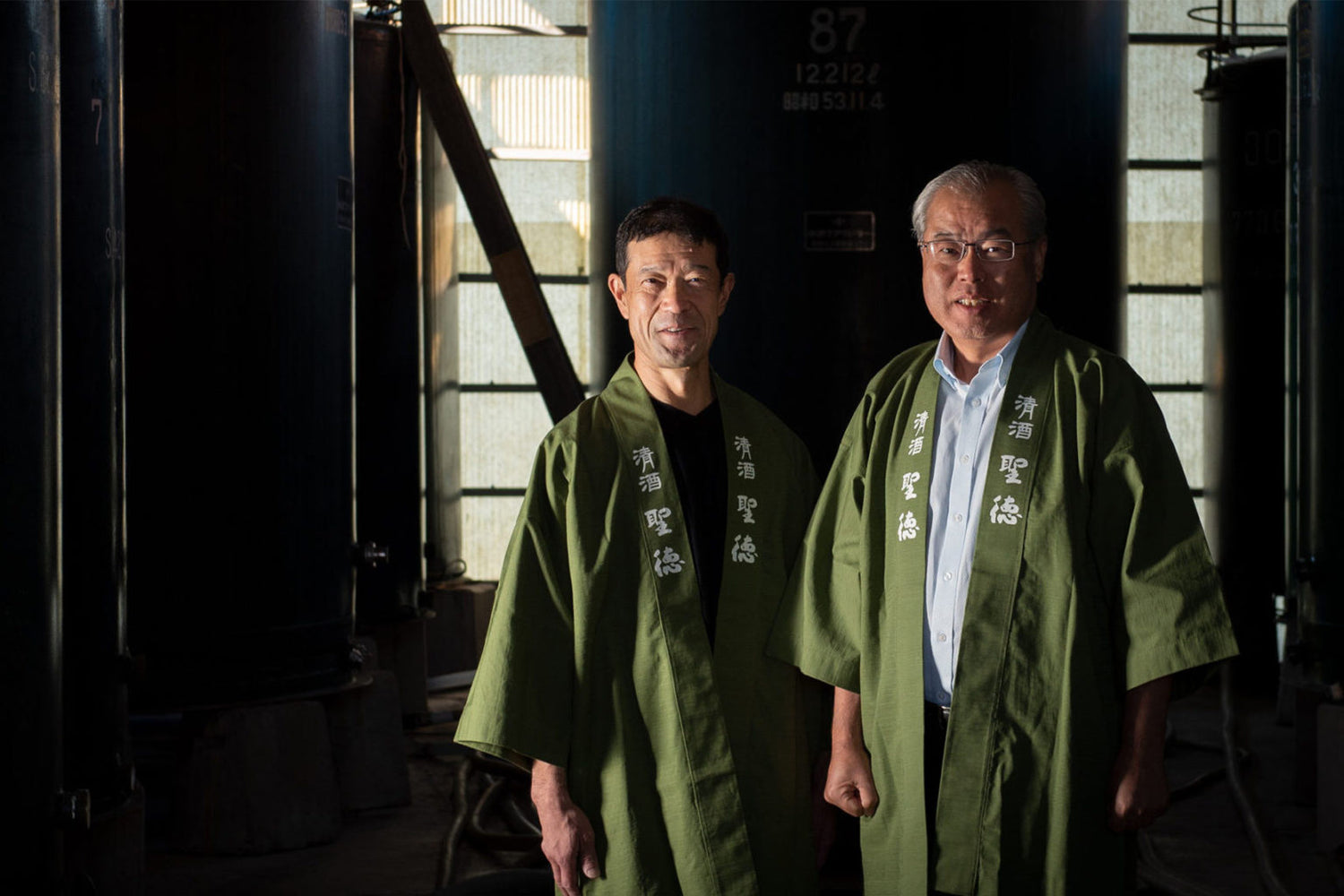
Seitoku (Seitoku Shuzou)
According to Yoshihiko Nishioka, the main consultant of the brewery, the key point of their pursuit of harmony is that their sake does not have protruding, loud characters, and that they make sake that they themselves enjoy drinking.
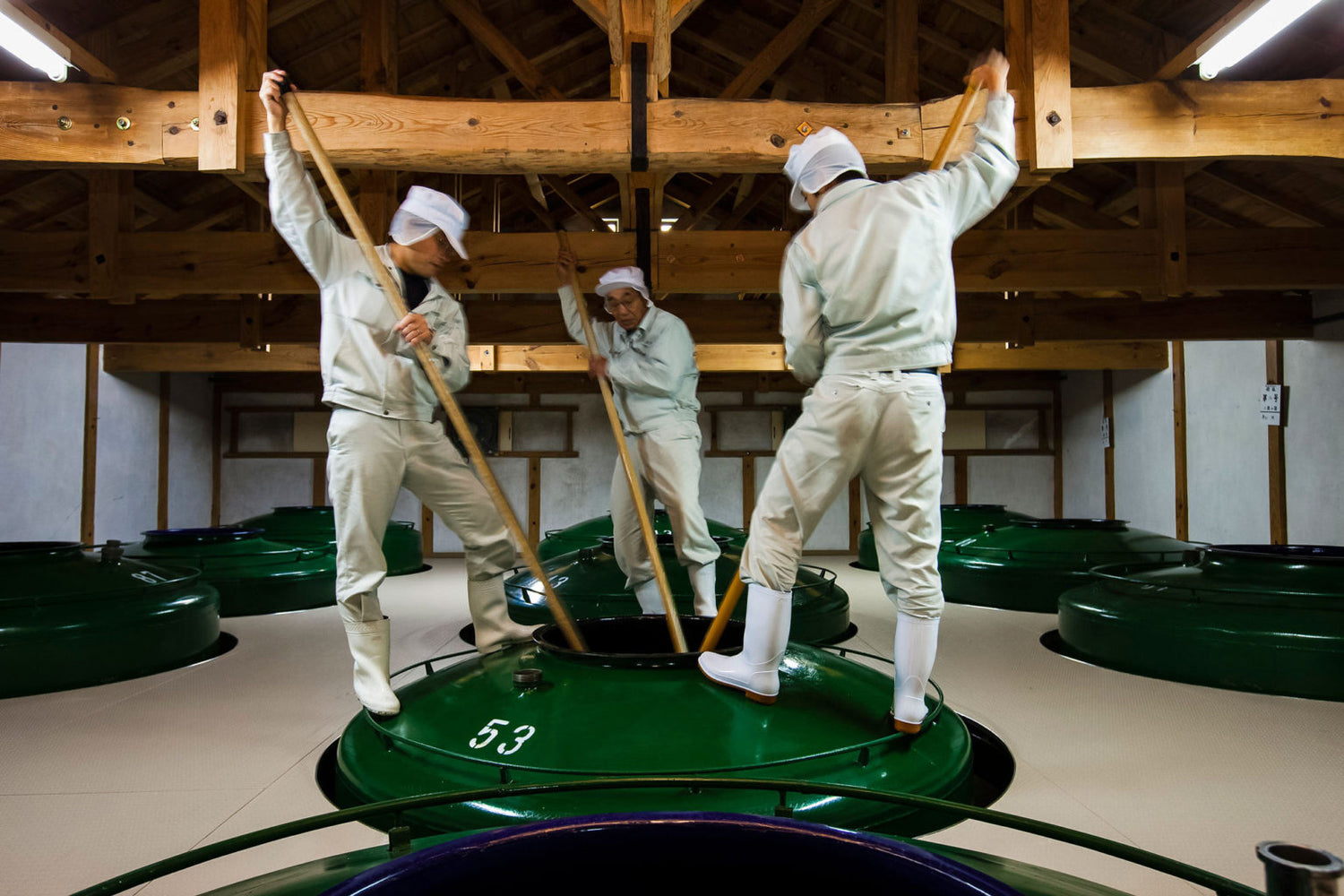
Sohomare (Sohomare Shuzou)
The Sohomare brewery was founded in 1872 by the Kono family. It is impossible to put down their elegant and substantial sake. Passionate experimentation with old yeast culture methods such as kimoto has now become their trademark and gives their wonderfully layered sake its unmistakable style.

